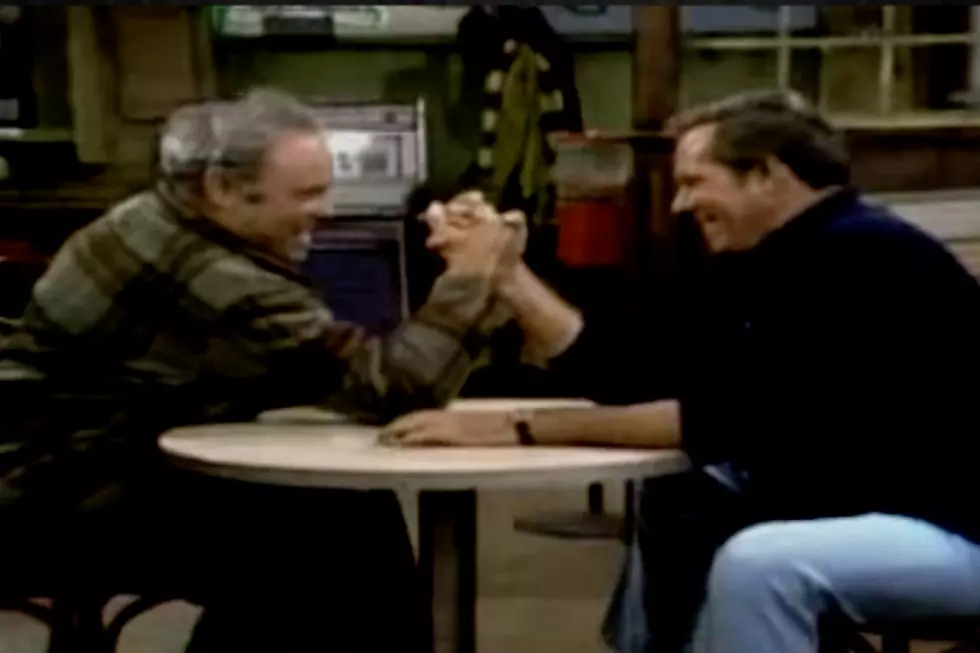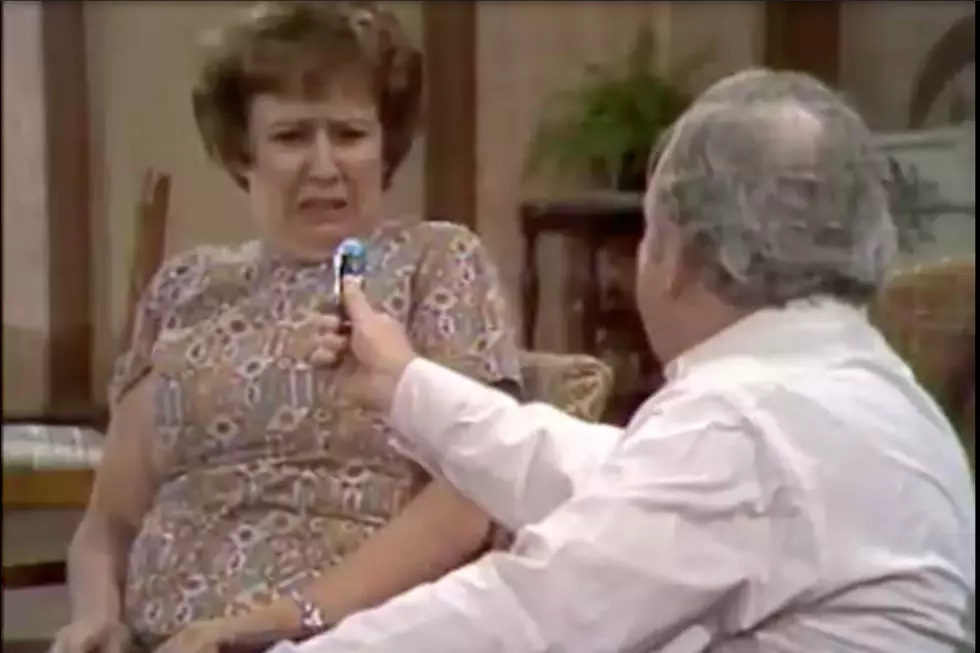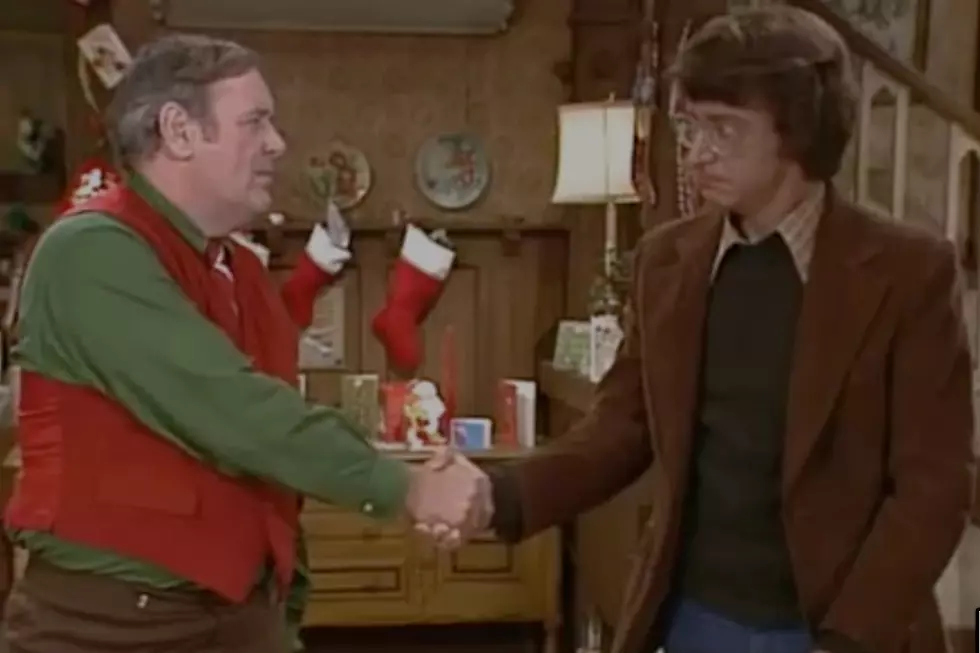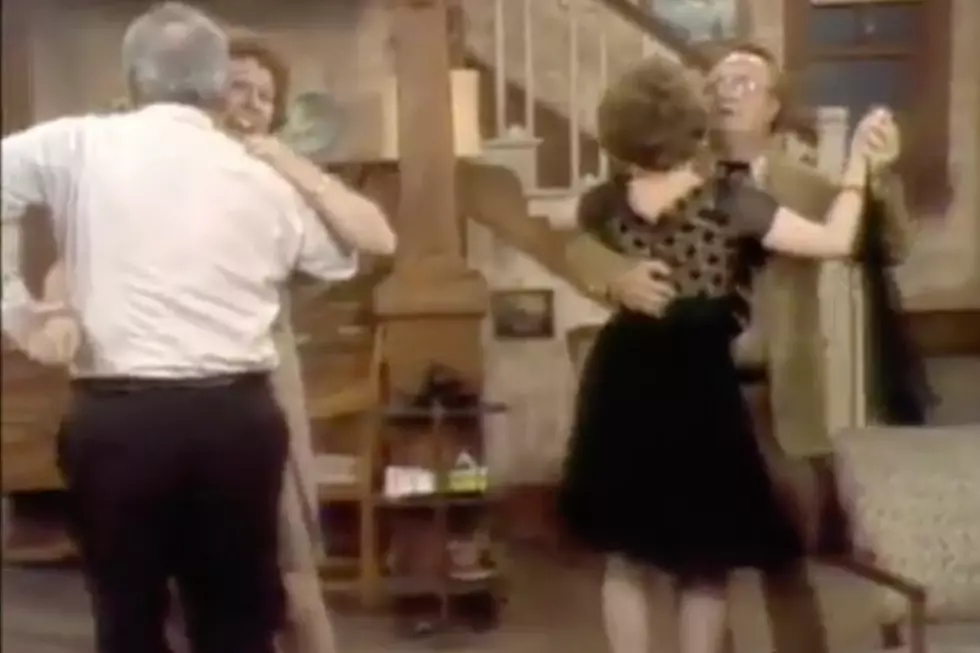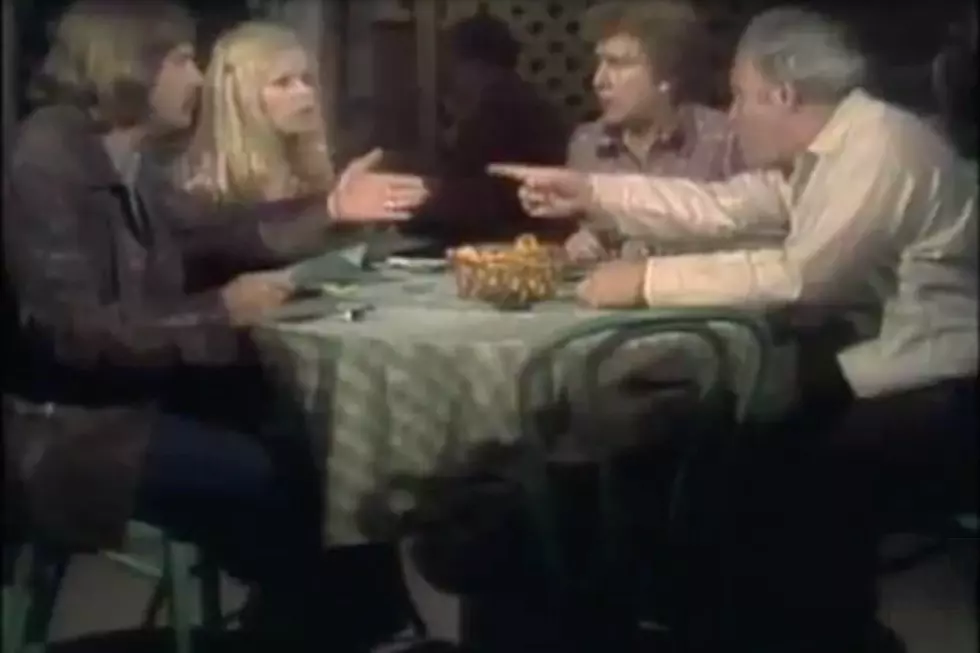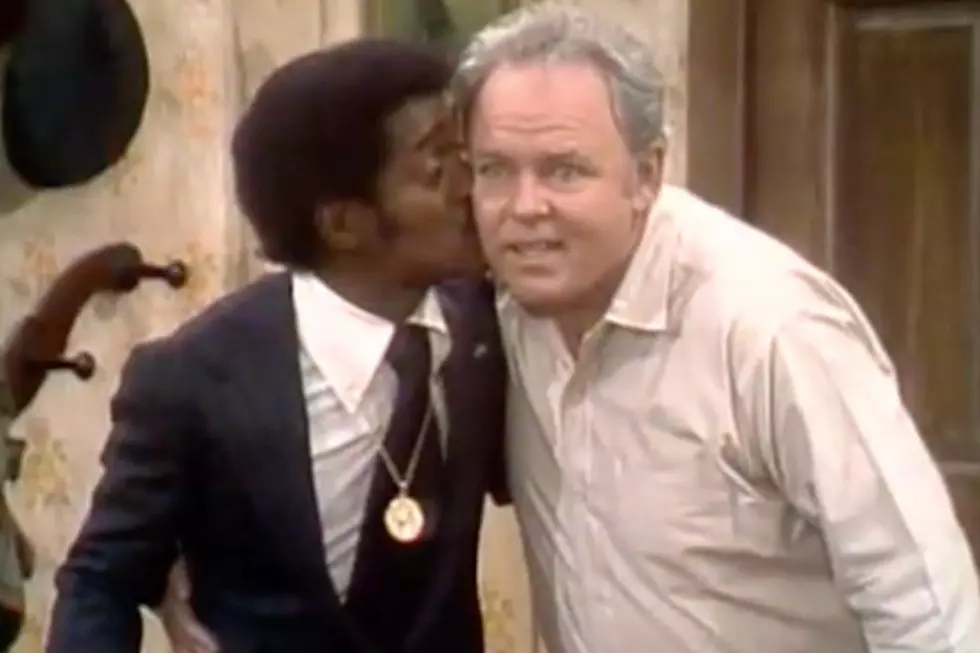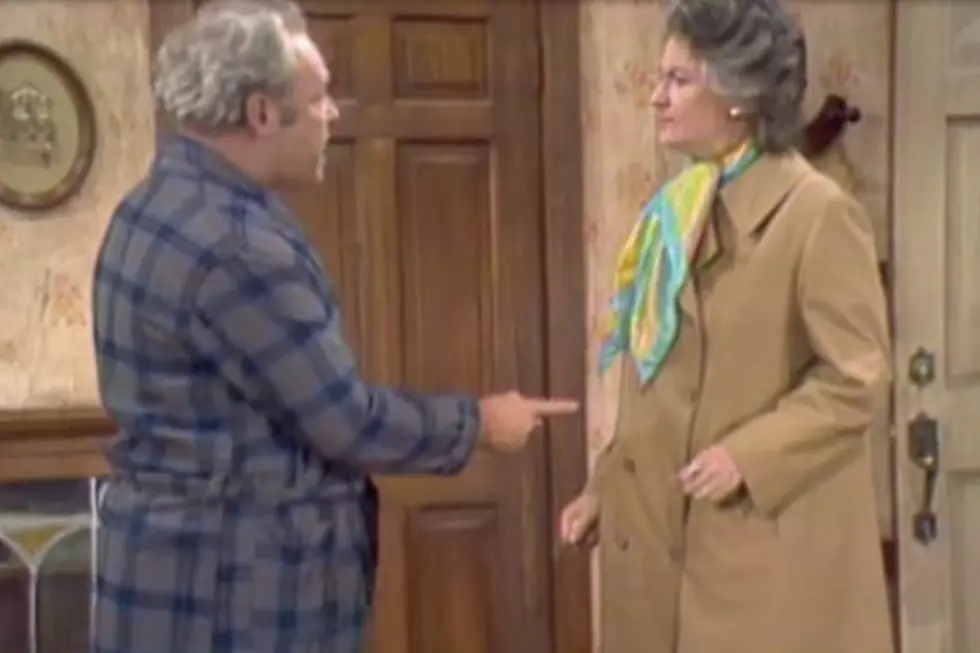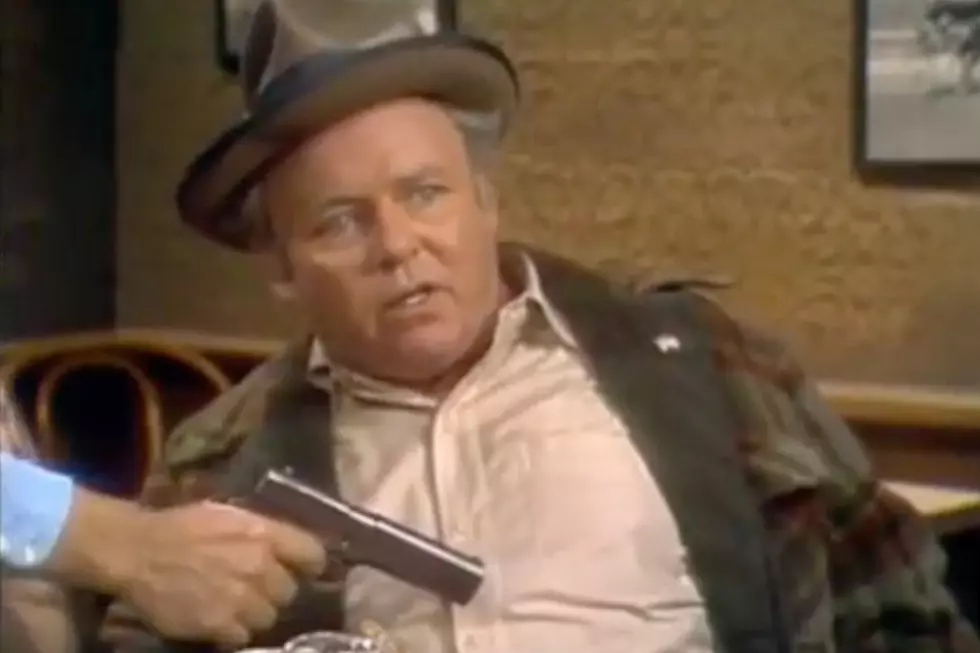
We often mean different things when we talk about what it means for a TV show to be great, so here’s a possible definition: All in the Family, which debuted on Jan. 12, 1971, scored high on a trifecta of popularity, artistic accomplishment and groundbreaking moral and social seriousness.
It’s the combination of these elements that make it one of the greatest shows in the history of American television. The series was the passion project of television writer and producer Norman Lear, a working-class Jew from Connecticut whose irascible father was put in prison for forgery when Lear was nine.
Forty years later, Lear was working as a comedy writer and director in Hollywood when he came across an article about a long-running British TV show called Till Death Do Us Part, about an aging conservative who berates his harried wife and daughter, and engages in fiery debates with his socialist son-in-law.
Immediately seeing the similarities between the show and his own upbringing, and also sensing a way to write about the contemporary social upheavals in America, Lear bought the rights to develop a U.S. version of the show.
He set his version in Queens, and came up with the character of Archie Bunker (played by Carroll O’Connor) as his aggrieved patriarch. It was a bold move. Bunker is more than just a stereotype of an angry old conservative; he’s the kind of person who immediately attacks any viewpoint that differs in any degree from his own.
It was the sort of character that attracted controversy even then, so much so that actor Mickey Rooney, who was Lear’s first choice for the role, turned down the part because he was afraid of damaging his career.
But Lear’s genius – inspired by the original British show – was not simply in creating a character that would give voice to all of the bigotry haunting American society. It was also to surround Archie with a family that would fight back against his prejudice, creating the double effect of highlighting the immorality of that prejudice while also allowing the viewer to see its psychological sources in fear, insecurity, economic anxiety, personal history and difficulty adapting to an evolving world. And then Lear managed to wrap all of this in a brand of comedy that runs high and low, broad and intelligent, bawdy and gentle.
Archie’s wife, Edith (Jean Stapleton), at first glance, is a paragon of silliness, at once harried and hairbrained, slow on the uptake and overly literal.
Beneath this outer layer, however, Edith has two qualities that server perfectly to foil Archie’s irascibility: She is a fundamentally kind person and an extraordinarily strong one. She knows she is right in her beliefs about the importance of decency, honest and the goodness of humanity, and refuses to relinquish that view no matter how strident her husband’s attacks. This allows the show to make its husband-wife conflict something larger – a conflict about human nature itself.
Are we bitter and self-serving? Or are we generous and willing to see the best in one another? Sometimes Archie’s view triumphs; more often Edith’s view does. But the show never treats the questions as less than serious, even in its most comedic moments.
This same dynamic relationship with Archie is at play in the show’s other two main characters. His daughter, Gloria (Sally Struthers), is the glue that holds the family together, aligning in viewpoint with the other characters but always maintaining her position as the apple of her father’s eye.
Even when they disagree the most strongly, Archie and Gloria always love each other fiercely, allowing those disagreements to take on the tone of exasperation: Why doesn’t this person who is otherwise so wonderful see that their views are so ridiculous? It’s a portrait of generational disagreement that seems intensely familiar to many viewers.
And then there’s Michael Stivic (Rob Reiner), Gloria’s husband, a leftist academic. What better foil could there possibly be in America for an embattled conservative? Every one of his views – from his beliefs about anti-Semitism, homosexuality, race and the Vietnam war, all the way down to the way he puts on his shoes and socks – are the diametric opposite of Archie’s.
They cannot escape each other, though, and not simply because Meathead (as Archie calls him) and Gloria live next door to Archie and Edith. Archie and Michael also cannot escape one another because, in Lear’s vision, they are the two dominant elements of the American political landscape, as necessarily bound together as heat and cold.
This is one of the secrets of the show’s comedy – a titanic, almost mythical battle between two views that will always be with us. As long as society evolves, there will always be people like Michael who believe that evolution is important, virtuous and essential, and people like Archie who believe that evolution is corroding all that is foundational in the world.
The other secret of the show’s comedy is the immense talent of Carroll O’Connor. Archie is at the center of the vast majority of the episodes, and it’s not just the character but O’Connor’s performance that gives the show its force.
From his facial gestures and the way he runs up the stairs at the back of the set to his acerbic delivery and ability to show genuine human perplexity when he’s confronted by an idea he hates but that his soul tells him must be right, O’Connor’s set of comedic tools matches those of any television actor.
All in the Family was a sensation in its time, ranking number one in the Neilson ratings for five consecutive years – becoming the first show to ever do so – and launching a total of five spinoffs (two of which had spinoffs of their own), including Maude, Good Times and The Jeffersons.
It was also relentlessly inventive, featuring plot devices like flashbacks, stories within stories and bottle episodes long before those things became commonplace in American television. It won loads of Emmy and Golden Globe awards, and the show has become such an institution that Archie and Edith’s chairs are featured in an exhibit in the Smithsonian.
What the show will probably always be best remembered for, though, is introducing the ability to deal with serious moral and social issues into American scripted television. And rightfully so. But it’s important to remember that it takes more than topicality to make a show great. Had All in the Family not been popular, and had it not been immensely well written and acted, it would be little more than a footnote in TV history.
Those Were the Days: 10 Classic ‘All in the Family’ Episodes
